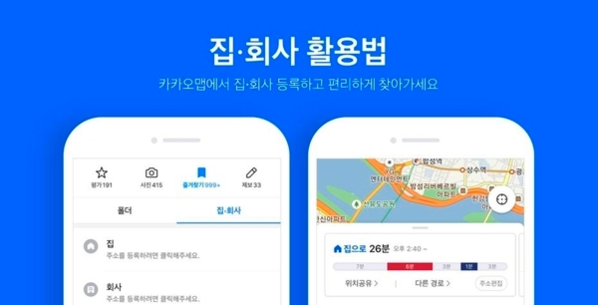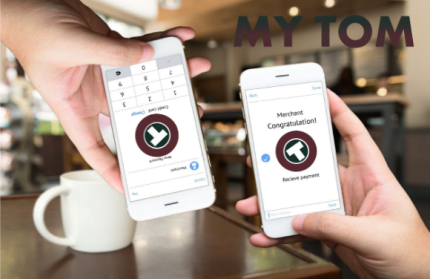Korea Digital Asset Trust (KDAC), a virtual asset custodial company invested by Shinhan Bank, utilizes the technology of a virtual asset financial company 'Bitgo'.
0 Comments
The Personal Information Protection Committee announced on the 15th January that it requested Kakao to convert all existing Kakao Map favorites folders to private in connection with the controversy regarding the leakage of Kakao Map personal information.
With the revision of the Act on Electronic Documents and Electronic Transactions in 2020, electronic documents also took effect, while blockchain-based electronic contract platforms are emerging one after another. Blockchain technology prevents forgery and alteration of electronic documents and automates contract procedures.
Korean government will start taxing cryptocurrencies such as Bitcoin from January next year. Investors are required to pay 20% as tax on any excess income over 2.5 million won obtained from buying or selling cryptocurrency.
TOMNTOMS (www.tomntoms.com), a coffee specialty store, issues a virtual asset 'TOMTOM Coin'. The idea is to use it as a payment method and customer rewards within TOMNTOMS.
|
AuthorDongWon KWAK. Korea Venture Capital and Startup Expert. Archives
January 2023
Categories
All
|





 RSS Feed
RSS Feed

